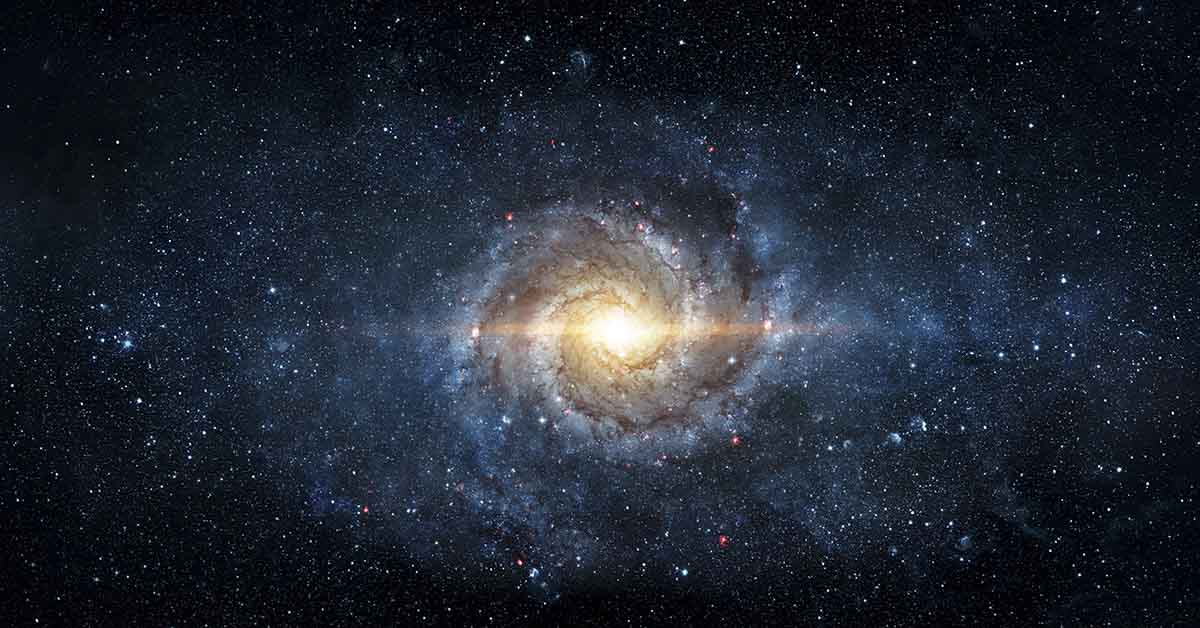Utilizing new techniques and advances in technology, scientists have world out that the universe is 13.7 billion years old. That is truly an inconceivably long amount of time. Many people assume that it will simply go on forever. However, while we aren’t in any immediate threat, researchers believe the universe will end much sooner than they originally anticipated. How quickly is the universe dying, though?
Scientists Predict the Universe Dying Sooner Than Expected
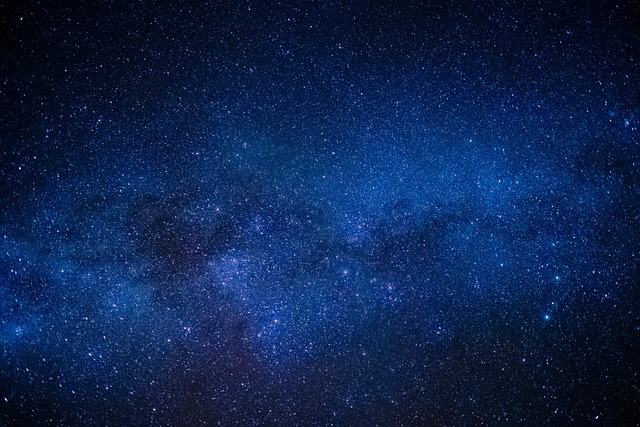
Scientists previously estimated that the universe would continue to exist for around 10^1100 years. To put it into perspective, that number represents 1 with 1,000 zeros after it; an unfathomable stretch of eternity. However, new research has revealed that the real number may be far closer than anyone anticipated. The researchers recently announced that they believe the universe will come to an end in 10^78 years. That is 78 zeros after the 1, instead of 1,100 zeros – a huge difference. While even 10^78 years is beyond our ability to even comprehend, it is a relatively short amount of time, cosmically speaking. The researchers reached this number by calculating when the most durable of the celestial bodies, the white dwarfs, would die.
The Study On The Universe Dying
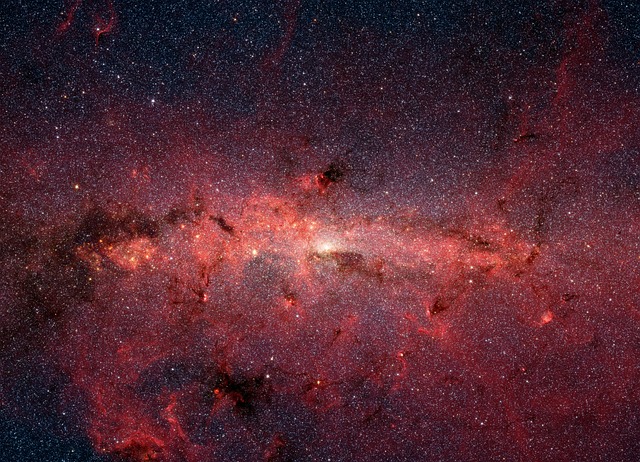
The study was conducted by Dutch researchers from Radboud University and will be published in the Journal of Cosmology and Astroparticle Physics. According to the researchers, not only do black holes evaporate over time because of Hawking radiation, but so do white dwarfs and neutron stars. Since the white dwarfs are considered extremely durable, their demise is a sign of the end of the universe. According to Stephen Hawking’s theories, black holes leak such large amounts of radiation that they ultimately dissolve. Based on this, the researchers theorized that the same thing could be happening to other celestial bodies. It turns out that they were on the mark.
Read More: James Webb Telescope Makes Eerie Discovery About Universe That Humanity Got ‘Seriously Wrong’
Surprising Results
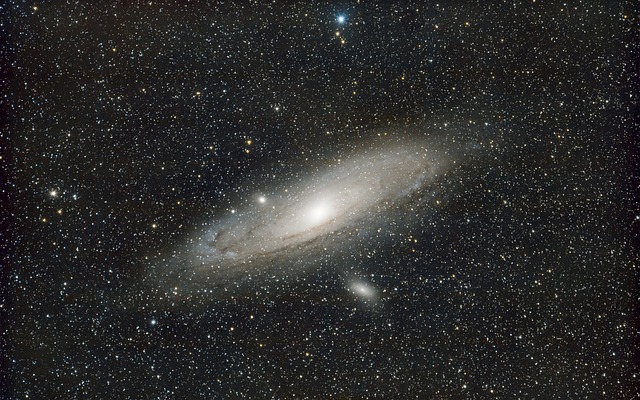
Some may find these results surprising, considering that neutron stars don’t have the infinite gravity possessed by black holes. However, since black holes don’t have any surface, they could actually be worse at dying. This is because they actually reabsorb some of their own radiation. This significantly inhibits the process of dissolving quickly. Neutrons, on the other hand, have surfaces from which the radiation bounces. The researchers believe that the white dwarfs will outlast everything and will eventually drag the entire universe into darkness.
Implications For Theoretical Physics
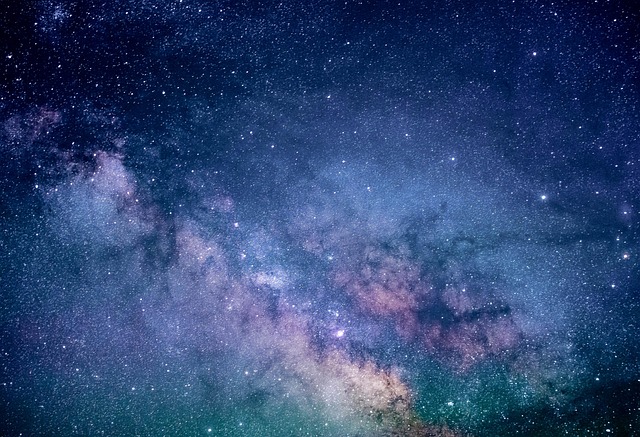
The revised estimate of the universe’s lifespan has profound implications regarding our understanding of the fundamental laws that govern our cosmos. This significantly accelerated timeline suggests that the processes leading to the universe’s eventual demise happen far more rapidly than we previously assumed. While this timeframe may not change much in terms of our own lives, or for countless generations to come, it does change our perspective about the nature of the universe and time itself.
The Bottom Line On The Universe Dying
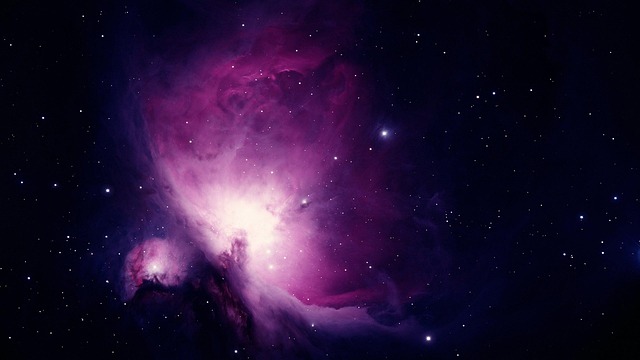
This new discovery about the universe dying sooner than thought reveals just how much we still have to learn. Cosmological research is a dynamic field that constantly reevaluates its assumptions based on new evidence. Even though the time frames spoken about remain unfathomable to most of us, this new data could reshape the theoretical frameworks of the scientists involved in the study of the universe. It seems the more we learn about life and the cosmos, the more we realize there is still to be learned.
Read More: Physicists Suggest Another Universe May Exist, Running Backward in Time Before the Big Bang
